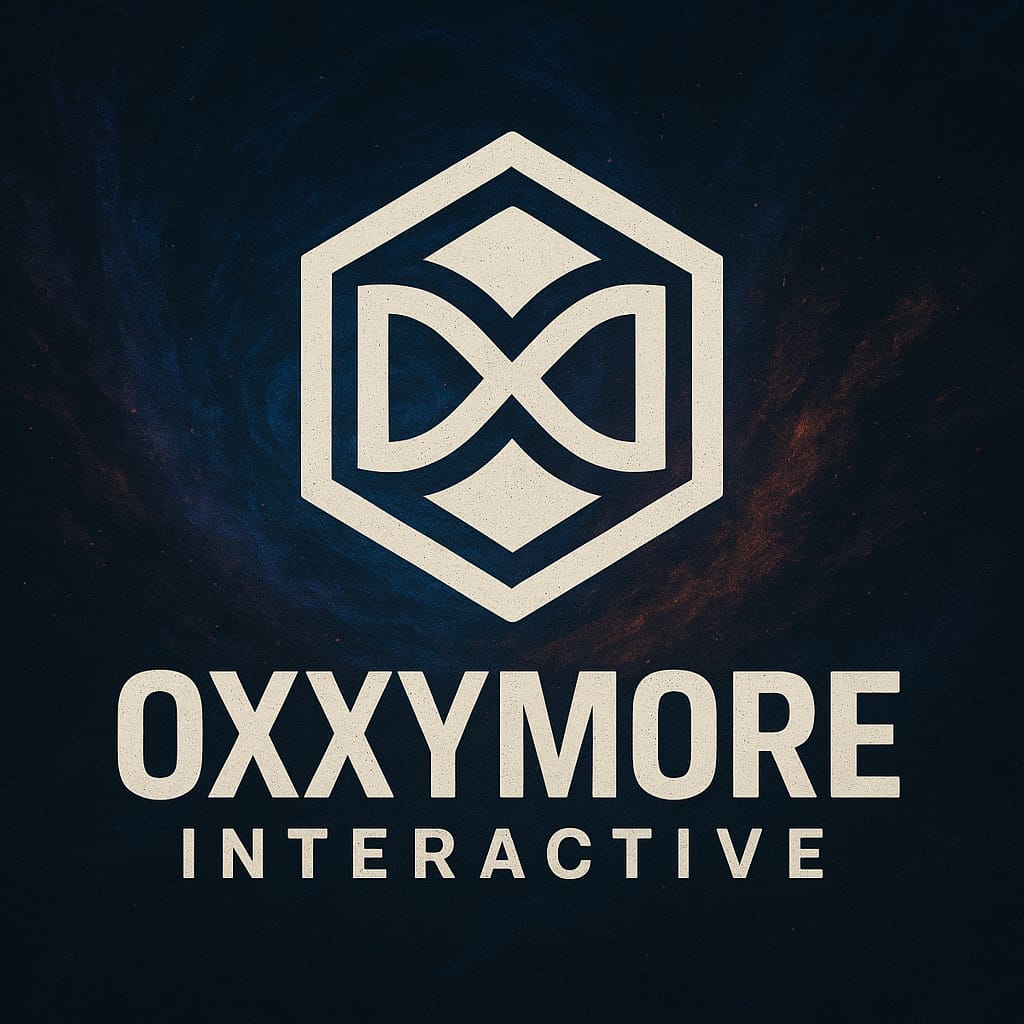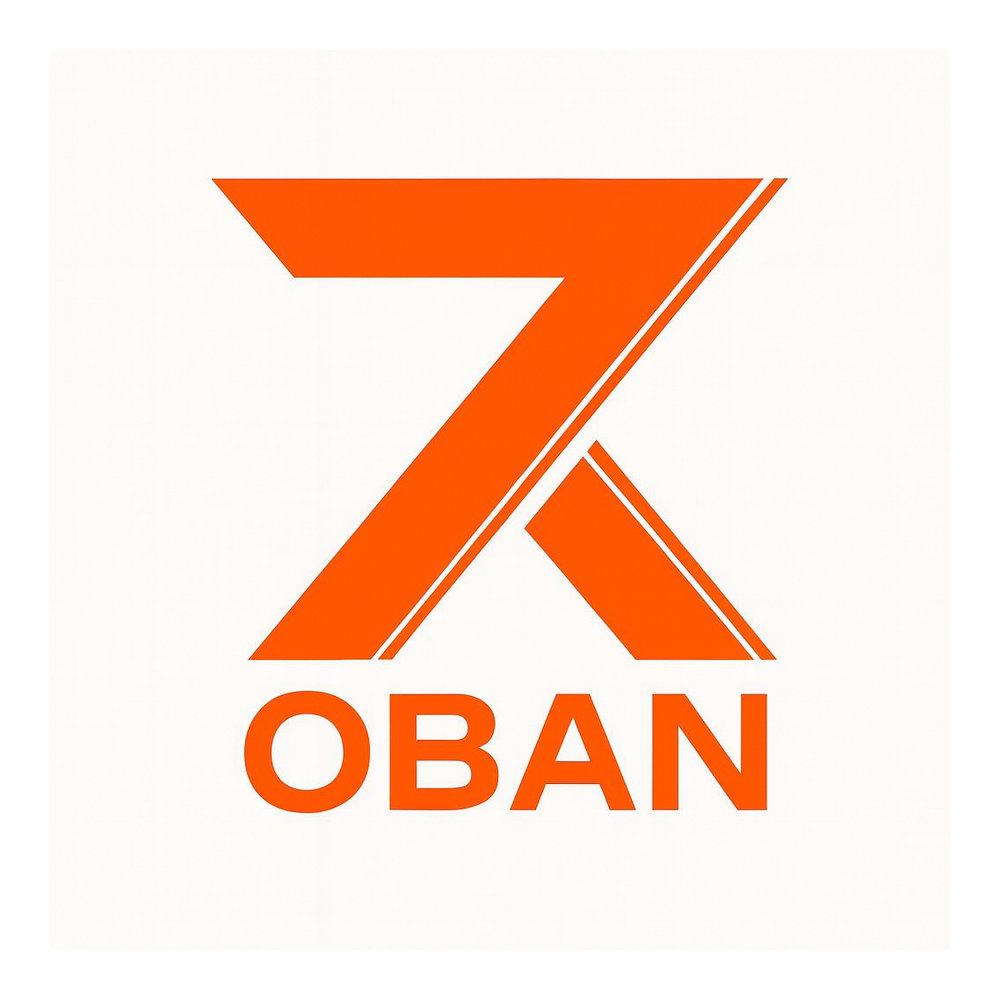

A STRATEGY YOU CAN TEACH. PROGRESS YOU CAN SEE.
OBAN turns strategy into concrete learning: focus, planning, cooperation and resilience — skills that transfer to the classroom, to clubs and at home. The current version can already be used as a cognitive recreational activity, even before its dedicated educational variants OBAN Academy and OBAN Access.
Cognitive recreational use from day one
The current version of OBAN can be used in a supervised recreational workshop format: clubs, lunch breaks, after-school activities, youth centers or associations.
Without changing curricula, OBAN provides a concrete base to work on:
- sustained attention and concentration;
- strategic reasoning and planning;
- cooperation and collective decision-making;
- resilience when facing error and uncertainty.
Roadmap in three stages
OBAN is more than a game: it is an experimental playground for a suite of structured educational tools, co-designed with the field.
A playful foundation for very concrete skills
Even before OBAN Academy, the game acts as a shared observation space for group work, thinking out loud and an educational esport format that stays short, readable and fair.
Group work: co-building a strategy
Game tableFormulate hypotheses, make thinking explicit, iterate fast.
- Rotating roles: everyone speaks, everyone leads in turn.
- Strategic language: justify, anticipate, compare.
- Observable goals: active listening, time management, task sharing.
Modelling: thinking out loud, guiding without doing it for them
Teacher stanceAdults do not “play instead of” the students. They unfold the logic, ask questions and let the group test its choices.
- Verbalise: “What are your options? What are you risking?”
- Guide without imposing: suggest a reformulation rather than a ready-made solution.
- Value the process, not only the final score.
Educational esport: short, readable, fair
Match rhythmAn OBAN match follows the rhythm of an American football drive: plan the action as a team → execute within a clear time window → reset and rotate the captain.
- Flexible formats (e.g. 4×8’/12’ per match, x matches per session).
- Tempo that is readable on stream and manageable in class.
- Rotating roles that avoid rigid “best player” positions.
Inclusion: mixed teams, low pressure
Play climateThe core rules encourage mixed teams (levels, profiles, personalities) and a level of pressure that can be adapted to the class.
- No automatic “best player = permanent captain” reflex.
- Shared thinking time that gives room to quieter students.
- Formats can be adjusted for struggling or anxious players.
Focus
Stays on task, anticipates timing, limits distractions.
- Needs fewer reminders as sessions go by.
- Feels the time: respects turns and routines.
- Maintains focus during transitions.
Reasoning
Justifies choices, anticipates consequences, revises plans using evidence.
- Uses “if… then…” or compares two options.
- Explains cause → effect after a match.
- Adapts the plan when the situation changes.
Cooperation
Shares turns, includes quiet voices, negotiates roles.
- Invites a teammate to speak or decide.
- Respects rotation of roles / captaincy.
- Resolves simple disagreements using shared reference points.
Resilience
Manages frustration, tries alternatives, learns from mistakes.
- Bounces back after a loss without disruptive behaviour.
- Suggests a new line or role after a setback.
- Can name a lesson at the end of the session.
A cognitive recreational use, easy to set up
OBAN can already be introduced as an innovative strategy game within your institution: clubs, workshops or supervised activities.
Strategy clubs, lunch break sessions, youth centers
OBAN works well in 45–60 minute sessions with small groups: learning the rules, guided matches, mini-tournaments.
- Groups of 8–16 students depending on format.
- Possibility to mix grades and tracks.
- Run by a teacher, counsellor or external facilitator.
A “training ground” for the brain
Without claiming to be a strict “serious game”, OBAN naturally trains:
- a global view of a complex situation;
- anticipation several moves ahead;
- priority management with limited resources;
- communication between teammates under time pressure.
What you need to get started
The goal is to keep logistics simple.
- 1–2 spaces (classroom, multi-purpose room, common area);
- a defined number of stations/tables depending on the version tested;
- a designated contact (teacher, student services, leadership);
- a short debrief at the end of sessions to collect feedback.
One pilot high school, one dev school, one partner association
To structure OBAN Academy, we rely on a triangle of partners.
The pedagogical testbed
The pilot high school is the main experimentation ground.
- Tests in technological and general tracks.
- Feedback from teachers and students.
- Co-design of the first OBAN Academy sequences.
Students as co-creators
The partner game dev / IT school mobilises its students to improve the prototype.
- Project-based learning centred on OBAN.
- Iterative work with the OXXYMORE team.
- Gradual integration of teachers’ needs.
Inclusion built in from day one
In parallel, a video game & disability association works with us on OBAN Access.
- Co-design of accessibility features.
- Workshop tests in real-world conditions.
- Thinking through an inclusive economic model.
One project, different perspectives
Together, these three partners anchor OBAN in real-world pedagogy, tech innovation and social impact.
- Cross-checked feedback.
- Shared roadmap for OBAN Academy & OBAN Access.
- Tangible results on the ground.
OBAN Academy – towards a structured teaching tool
OBAN Academy is the pedagogical formalisation of the game: sequences, objectives, resources.
Clear lesson blueprints for teachers
The ambition for OBAN Academy is eventually to provide:
- 45-minute sequences with clear structures;
- variants for different levels (high school, post-secondary, workshops);
- linked competency sheets and rubrics.
Built from real cases
OBAN Academy is developed from the feedback of the pilot school, the association and student projects.
- Observation of real sessions.
- Interviews with teaching teams.
- Iterative refinement of the teaching kit.
A project that shines a light on partners
Partner institutions are highlighted as early adopters.
- Featuring them (with consent) in our communication.
- Possibility of joint presentations at events.
- Detailed feedback reports on observed impact.
OBAN Access – thinking about disability from the start
OBAN Access is the variant dedicated to players with disabilities.
Designing from real needs
The partner association brings field experience: types of disability, material constraints, adapted pacing, mediation needs.
- Test workshops in real settings.
- Adjustments to rules and match duration.
- Exploration of physical, digital and hybrid supports.
One universe, different audiences
OBAN Access and OBAN Academy share the same universe but address different contexts and constraints.
- Exchange of best practices between association and schools.
- Potential joint events (inclusive tournaments, discovery days).
- Highlighting the project’s inclusive dimension.
How your institution can get involved
You can choose a very simple entry point (recreational use), or explore participation in the OBAN Academy pilot.
Meeting & scoping
An online or on-site meeting helps us understand your context:
- Intended use (recreational, project-based, inclusion, etc.);
- Number of students / groups;
- Available time slots and spaces.
Pilot cycle in your institution
Implementation of a short cycle of OBAN workshops (a few sessions), observation, then a debrief.
- Trial sessions using the current version.
- End-of-cycle questionnaire or discussion.
- Joint decision on next steps.
In short: OBAN is already a demanding strategy game that can be used in a recreational and cognitive way. OBAN Academy and OBAN Access are its natural evolutions: a structured educational version and an inclusive version.

The site oxxymoreinteractive.com is fully secured thanks to the HTTPS protocol.
All exchanged information (forms, logins, etc.) is encrypted and protected against any interception attempts.
© 2025 OXXYMORE INTERACTIVE – All rights reserved.